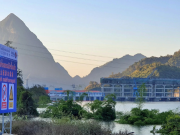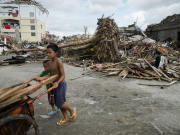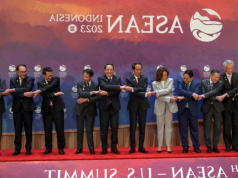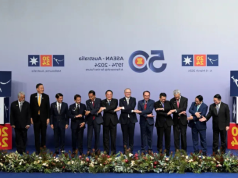Malaysia , November 18, 2024
In a landmark step toward tackling Southeast Asia’s recurring haze crisis, Malaysia and Indonesia have formed a joint task force to combat cross-border pollution caused by illegal forest burning. The agreement was signed at a bilateral summit held in Jakarta this week, marking a renewed commitment to environmental enforcement and cooperation.
The haze — a toxic smog caused by the annual clearing of land for palm oil and pulpwood plantations — has plagued the region for decades. The new task force will focus on joint satellite surveillance, rapid-response teams, and stricter penalties for companies linked to illegal burning practices. It will also establish an intelligence-sharing mechanism to monitor hotspots in real-time.
Malaysia’s Environment Minister Nik Nazmi Nik Ahmad emphasized the urgency of the agreement. “We can no longer afford to treat the haze as an annual inconvenience. It’s a public health emergency and a climate issue,” he said.
Indonesia’s Coordinating Minister for Political, Legal, and Security Affairs Mahfud MD agreed that accountability is key. “We are committed to prosecuting companies, whether domestic or foreign, that contribute to this crisis,” he said. Notably, several large palm oil firms with dual operations in both countries have been placed under investigation.
Environmental groups have cautiously welcomed the move, citing past failures to enforce anti-burning laws. “The agreement is a good start, but enforcement is everything,” said Puspita Negara of WALHI, Indonesia’s largest environmental NGO. “Without transparency and prosecution, the haze will return.”
Palm oil industry leaders are pushing back, citing high compliance costs and unclear guidelines. Meanwhile, health experts warn that haze-related respiratory issues — especially among children and the elderly — are already rising in areas like Sarawak and Riau.
The task force will submit quarterly updates to both governments, with ASEAN observers invited to participate as third-party monitors. If successful, this could become a model for regional environmental enforcement in Southeast Asia.















